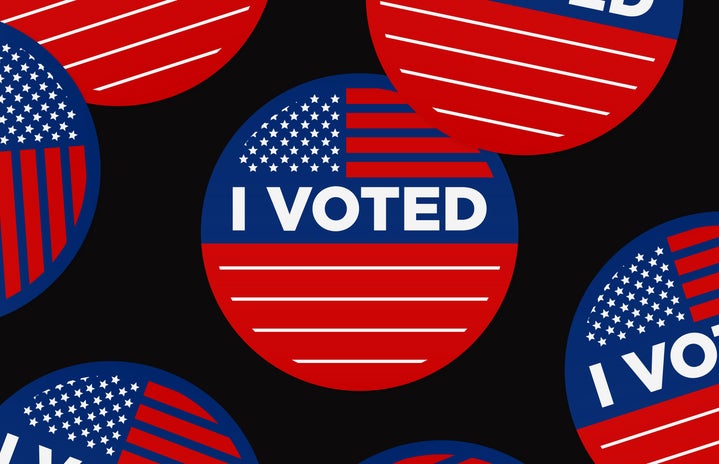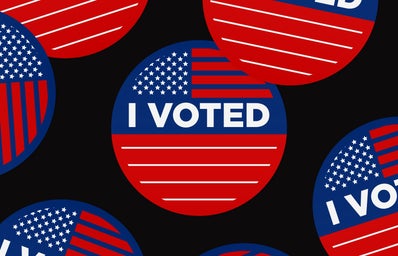The US Presidential election is scheduled to take place on November 3, and whilst Democratic candidate Joe Biden is currently predicted to narrowly snatch a victory, the unpredictability of the presidential election suggests it is not this straightforward. Biden’s 10 point poll lead over Republican and incumbent President Donald Trump might suggest that he is in the more positive position coming up to election day, but we only have to look at the 2016 election to know this is not the case – previous candidate Hillary Clinton was predicted to win come election day and won 3 million more votes than Trump, but lost as a result of the electoral college system used in America. This poses the question: How much do we know about the election before November 3rd?
We can look at the platforms the two candidates are running, which present different approaches to the central issues of 2020, which include the ongoing Covid-19 pandemic, the Black Lives Matter protests and the Affordable Care Act. Democratic candidate Joe Biden’s platform includes promises such as the expansion of national contract tracing, pushing for a $15 minimum hourly wage and banning assault weapons. This is in contrast to Donald Trump’s platform, where he pledges to direct $10bn towards a coronavirus vaccine, deliver an income tax cut and increase background checks when buying guns. The two are supported by their vice presidential candidates; Trump is joined by his current VP Mike Pence, while Biden has joined forces with Senator Kamala Harris, who is making history as the first black women on a major presidential ticket.
The first presidential debate was arguably not well received, with the Guardian labelling it a ‘national humiliation’ and French newspaper Liberation described it as ‘chaotic, childish and gruelling’. Memorable moments included Biden calling Trump a ‘clown’ before asking the President to ‘shut up’, highlighting the evident animosity between the two candidates. The second debate however was a much more civilised affair, with each hopeful discussing issues around coronavirus and immigration, but was dominated by accusations of the Biden family accepting overseas donations.
Donald Trump’s positive coronavirus result certainly put the election into a spin – not only did it mean the cancellation of a presidential debate, but it also threw his handling of the pandemic back into the limelight. The public reaction in America was different to the one in the UK after Boris Johnson tested positive, one of the other major world leaders to be diagnosed. Instead of helping his campaign, it only endangered it, for only 35% of Americans believe he handled the pandemic effectively, perhaps leading to Biden’s small lead in the polls.
There is also the question, particularly relevant to young voters, of how in touch the two candidates really are. Biden and Trump, at 78 and 74 respectively, will both be the oldest president ever elected regardless of who wins. This presents the issue of if these two contenders are the most effective in representing and leading the public, when they are older than much of the voting demographic.
Nearly 60 million Americans have already cast their ballots before election day, and whilst the outcome will be a mystery until then, it is safe to say that no matter the result, the election is sure to be a memorable one.



